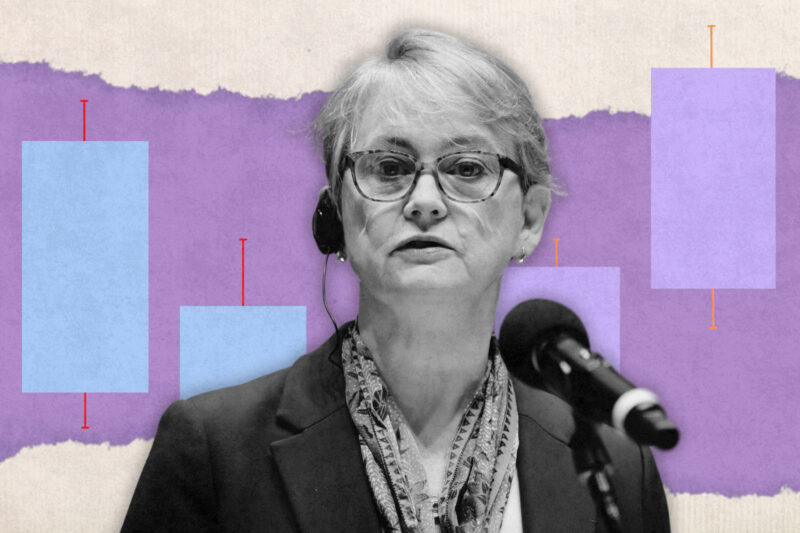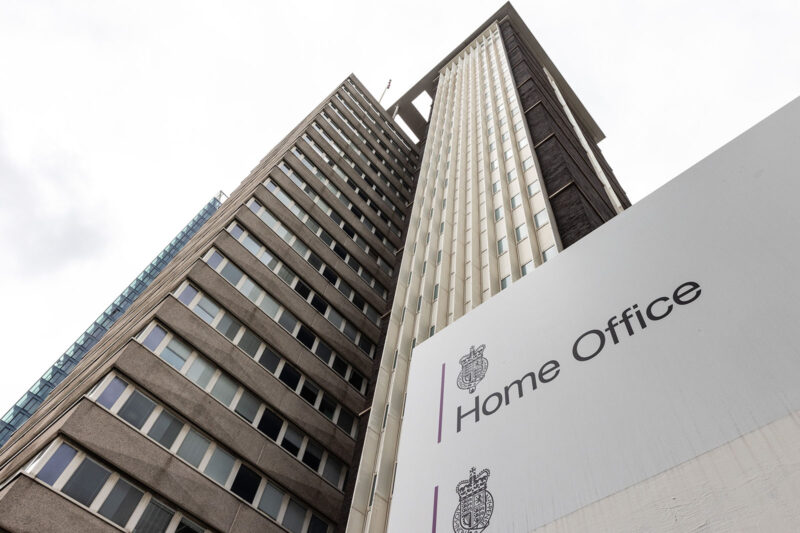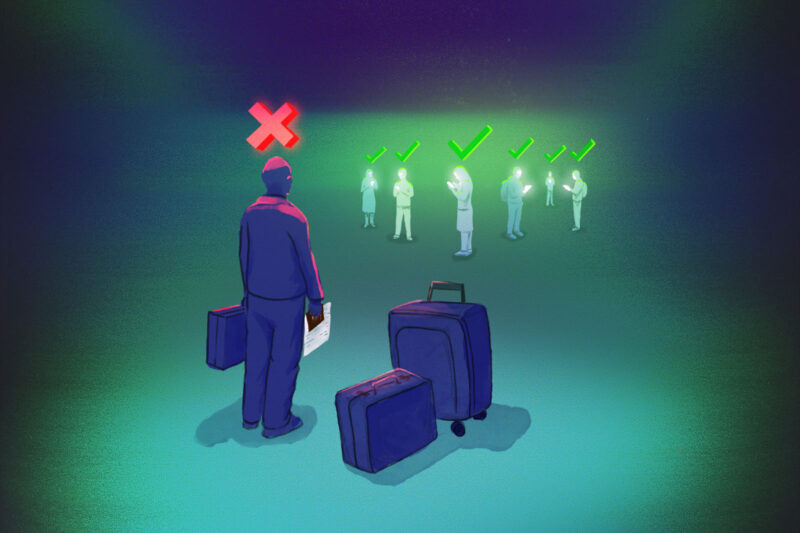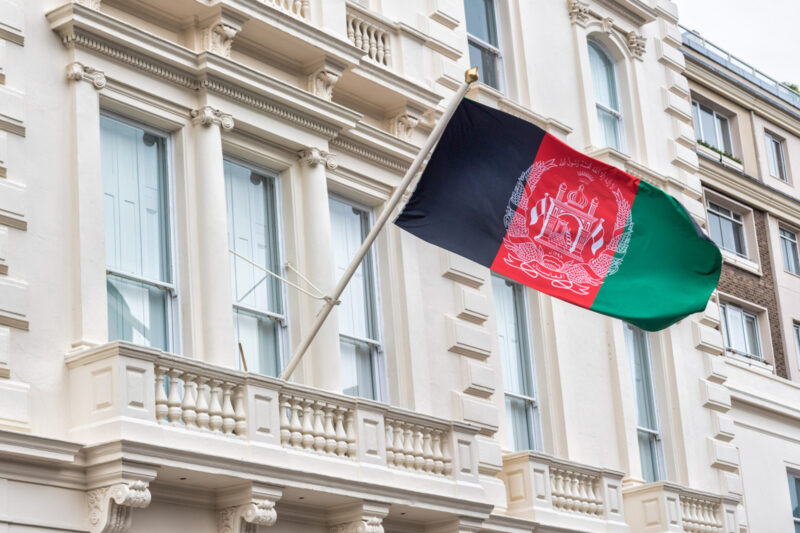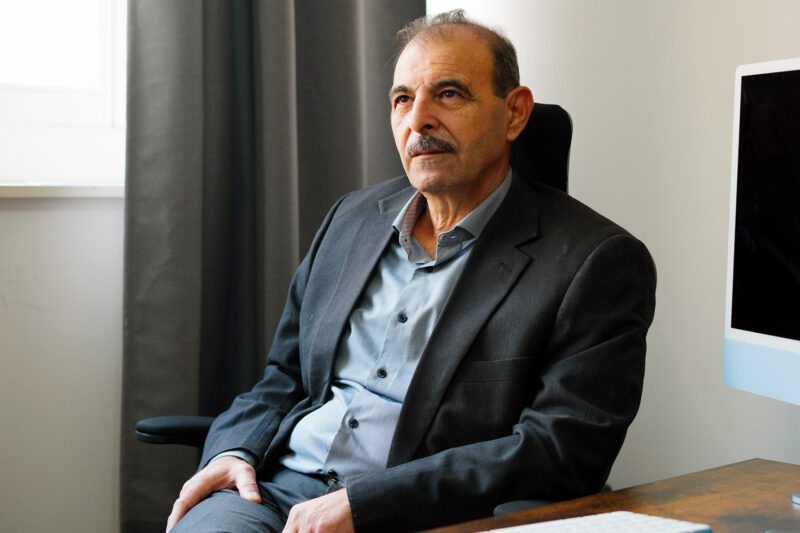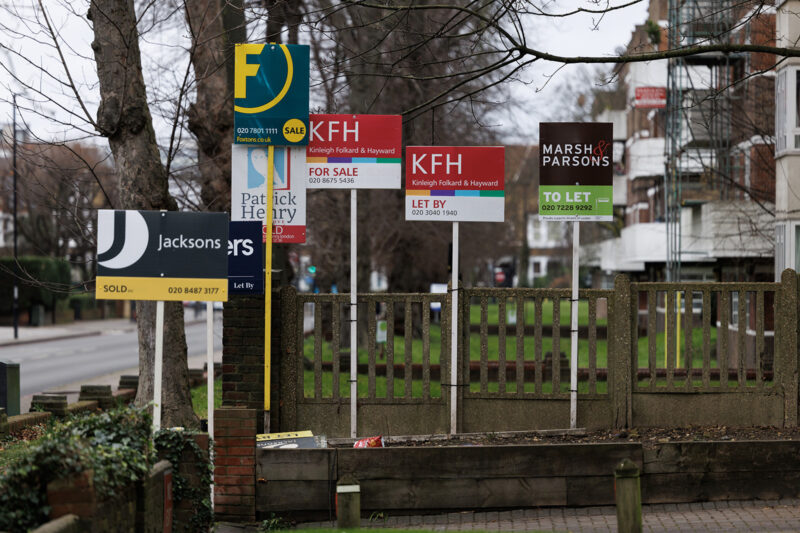Concern grows for UK Syrians as government fails to commit to their rights
Britain has paused 6,500 asylum claims and would not be drawn on people’s existing leave to remain. Syrians say it has tempered their joy at Assad’s fall

Syrians in the UK are calling on the government to guarantee their rights after the fall of Bashar al-Assad’s regime led to a pause in processing asylum claims in the UK and several European countries.
The overthrow of the Assad government by the group Hayat Tahrir al-Sham (HTS), along with other rebel factions, who seized Damascus on Sunday, has left many who fled the country’s protracted civil war in limbo. The UN says more than 14 million Syrians have been forced to flee their homes in search of safety since 2011, with more than a million settling in Europe.
Immigration minister Angela Eagle confirmed on Tuesday that 6,500 UK asylum claims by Syrians had been suspended by the Home Office and refused to be drawn on whether people with leave to remain would be able to stay.
Houda Fansa, a Syrian Algerian journalist who came to the UK in 2016 on a scholarship and recently became a British citizen, says when Assad was deposed she was excited “for a day she thought would never come” — but that the lukewarm response by the government has tempered her elation.
“I felt genuine relief when the Tory government’s Rwanda deportation plan was scrapped but now it feels like our loved ones and friends will need to relive the trauma,” said Fansa. Every Syrian wants to return somehow, she said, but added: “It should be voluntary. I am a human being. I would love to have the connection with everything back home but it is so hard to be stripped of your own options.”
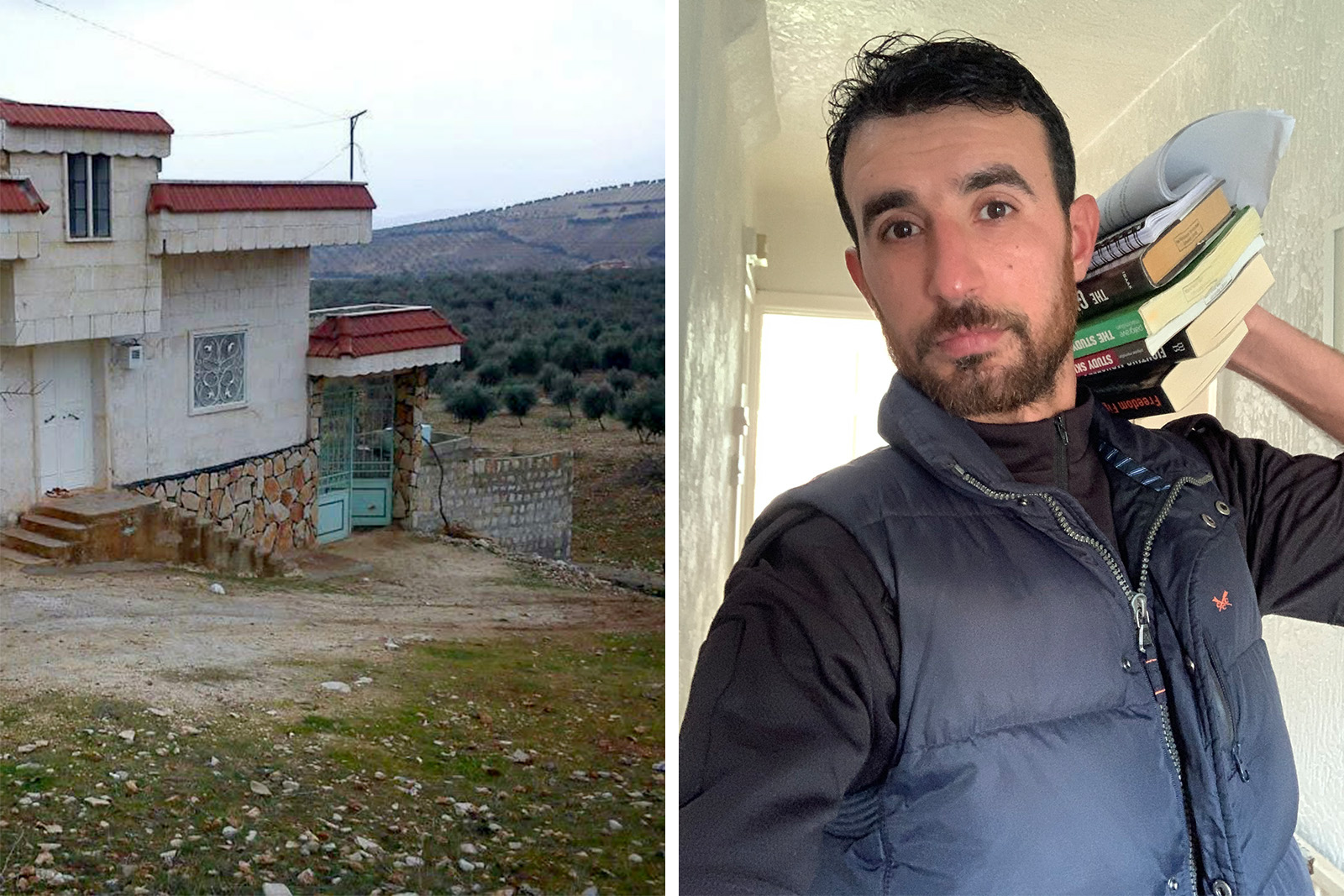
Amin Zalkhoko founded the Syrian Community Council in Manchester as a way for refugees to access support and overcome language barriers and isolation. When Zalkhoko arrived in 2014, members of his family had been scattered, kidnapped or killed. The group has allowed him to help others in similar situations.
He said any decisions about Syrians in the UK should be made according to the “ground reality” in the country.
“We are monitoring very closely if the country is definitely going to be safe,” he said. “We need our country to be rebuilt, to make it a little England. We can do it in a positive way.”
Zahra Albarazi, a British Syrian lawyer, was happy when the news of the fall of Assad’s government emerged — but that was quickly replaced by anxiety at the lack of commitment from the UK government on Syrians’ right to stay.
Albarazi said her father fled repression in the 1980s by Bashar al-Assad’s father Hafez, who preceded him as Syrian president. No one in her family has gone back since 2011. She wants accountability for the deposed Assad regime and urged the UK government to be strong on protecting Syrians, describing the lack of certainty as “painful”.
“The fact that you can’t simply say that we are committed to protecting the Syrians in the UK from not being put in a situation where they may be at risk of persecution or risk of violence is painful,” she said.
Yazan, who did not provide his surname as many of his family are still in Syria, lived in the government-controlled area of Aleppo for 21 years. He described Assad’s exile as a “significant relief” — but is concerned about the safety of a country whose institutions have been seized by HTS, as well as the actions of other armed groups and the risk of sectarian violence in Syria.
“If the government sends people back without due process,” he said, “that could lead to the killing of lots of people. If tensions and violence resume, the UK will be responsible.”
 Newsletter
Newsletter


